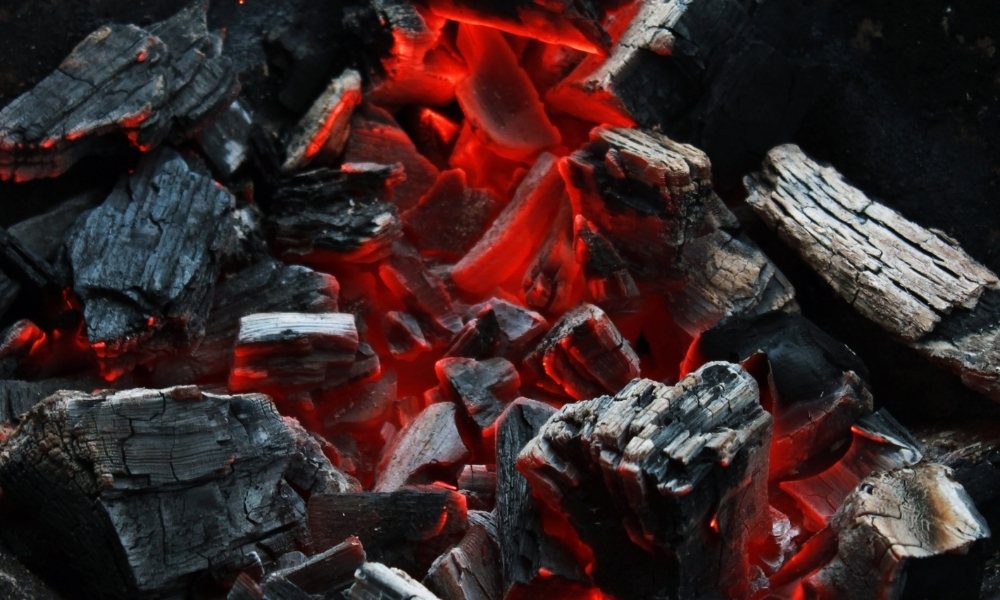
From teeth-whitening agents to edible oil bleaching, charcoal can be used in many processes as a bleaching agent. Bone charcoal, sugar charcoal, Japanese white charcoal, and activated carbon are some of the popular charcoal forms, and among them, activated charcoal is one of the most widely used purification agents in the world. Activated carbon is known for its exceptional adsorption capacities and varying applications in a myriad of industries. Based on its manufacturing, the characteristics and qualities of activated carbon can slightly vary, and it can also be tailor-made to suit a specific application. Activated carbon is classified based on its raw materials as well as its size, shape, and qualities. Here, we are going to discuss the type of activated charcoal that is most suitable for bleaching.
Why is activated carbon used as a bleaching agent?
Before we discuss the types of activated carbon and their suitability as a bleaching agent, we should discuss the qualities that make activated carbon a bleaching agent in the first place. Large surface area, a highly porous surface, inertness, thermal stability, and most of all, its incredible adsorption capacity make activated carbon one of the most sought-after purification agents with multiple applications in the industrial world.
Decolorization: Activated carbon is effective as a decolorizing agent for many substances, which is why it is used in oil bleaching as well as in tooth-whitening products.
Effective against high concentrations of pigments: Apart from being an effective bleaching agent, activated carbon can also improve the effects of other agents as well, so it can be used to improve the overall effectiveness of a bleaching process that involves high concentrations of pigments.
Deodorization: Apart from being a bleaching agent, activated carbon is also effective against unpleasant odours.
Effective against pollutants: Activated carbon is one of the most used purification agents in the world, and it is effective against pollutants in both gas and liquids. Apart from being an effective bleaching agent, it can also be used to remove dangerous pollutants from substances. The range of applications activated carbon has is huge, and it can be customized to fit a specific profile and process as well.
Types of activated carbon
Activated carbon is produced using various raw materials, including coconut shells, wood, bamboo, coal, and lignite. Let’s discuss which one might be more suitable for bleaching purposes.
Coconut shell-based activated carbon: This type of activated carbon is produced by carbonizing coconut shells and activating the byproduct. Known for its superior adsorption capacity, ability to adsorb organic compounds, and well-developed pore structure, coconut shell-activated carbon can remove pigments like chlorophylls and carotenoids from refined oils. The purity of this type of activated charcoal also makes it suitable and safe to use as a bleaching agent for edible oils and teeth-whitening products.
Wood-based activated carbon: Made of wood, wood-based activated carbon is also among the most popular types of activated carbon used in water purification and air purification processes. However, its effectiveness as a bleaching agent depends on specific applications.
Coal-based activated carbon: Produced from bituminous coal, coal-based activated carbon is durable and might work effectively as a bleaching agent. However, compared to coconut shell-based activated carbon and wood-based activated carbon, it might be less efficient.
Conclusion
As a bleaching agent, especially for edible oils and teeth-whitening products, coconut shell-based activated carbon is generally considered the best. It is highly effective against undesirable pigments and pollutants. However, other types of activated carbon might also work better in specific conditions and applications. So, to find the right type of charcoal for bleaching, you need to sort out your priorities and choose the type that aligns with your needs.
Southern Carbon is one of the prominent activated carbon manufacturers in India, with over two decades of experience in the industry. We manufacture and export activated carbon across the globe from our activated carbon plant in Kerala. Prioritizing quality, personalized services, and sustainable practices, we have set a new benchmark in the market and ensure superior quality products that adhere to industry standards and tailored solutions for our clients. Connect with us to learn more about our product line and global shipping procedures.
